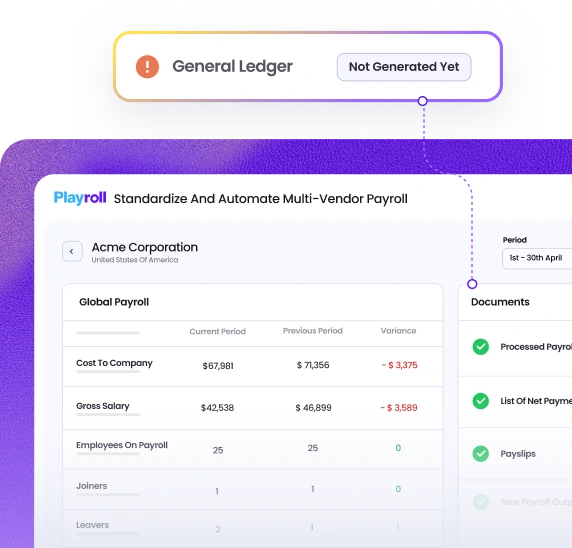What is a Good Salary in Wisconsin?
What is considered a 'good' salary can vary based on factors like location, lifestyle, and industry. A salary in the range of $55,000 to $75,000 is generally considered comfortable for a single person in Wisconsin. High-paying fields like technology and healthcare can offer salaries reaching up to $120,000, while more common roles such as customer service representatives typically earn around $37,000.
Average Salary by Cities in Wisconsin
The cost of living can vary widely from one city to another, and that impacts both how far salaries stretch and what professionals expect in terms of pay. Cities with higher living costs – like those with hot housing markets or tech hubs – tend to have higher salary expectations.
Familiarizing yourself with the average salary ranges per location can help you plan better and make sure your compensation packages are in line with local expectations to attract and retain top talent. Here’s a quick look at salary ranges across different cities in Wisconsin, to get a sense of competitive salaries based on local factors:
| City | Monthly Salary | Annual Salary |
|---|
| Milwaukee | $6,620 | $79,441 |
| Madison | $6,481 | $77,777 |
| Green Bay | $5,200 | $62,404 |
| Eau Claire | $6,900 | $82,802 |
| Appleton | $6,773 | $81,273 |
Salary Earnings Based on Experience Level in Wisconsin
Salaries naturally increase with experience – this applies to both new hires and existing team members. When planning for new positions, it's important to consider how salary ranges change at different seniority levels. This will help ensure you're meeting salary expectations, retain employees and create a fair working environment.
Here’s a breakdown of how monthly and annual salary ranges grow with experience in Wisconsin:
| Experience Level | Monthly Salary | Annual Salary |
|---|
| Entry-Level Jobs (0-2 years experience) | $2,917 | $35,000 |
| Mid-Level Jobs (3-5 years experience) | $7,290 | $87,477 |
| Senior Roles & Managers | $8,167 | $98,009 |
| Executive & C-Level | $7,868 | $94,427 |
Average Salaries by Job Title in Wisconsin
Building a competitive compensation package means knowing what the going rate is for specific roles. We’ve compiled the most recent salary data by job title for Wisconsin, making it easier for you to compare roles, match your offers with the market, and make sure your team is paid fairly.
| Job Title | Monthly Salary | Annual Salary |
|---|
| Software Developers | $7,667 | $92,000 |
| Accountants and Auditors | $6,000 | $72,000 |
| Marketing Managers | $7,583 | $91,000 |
| Human Resources Specialists | $4,750 | $57,000 |
| Financial Analysts | $6,167 | $74,000 |
Highest Paying Jobs in Wisconsin
- Anesthesiologists: $403,000
- Surgeons: $357,000
- Orthodontists: $250,000
- Psychiatrists: $234,000
- Physicians (General): $211,000
- Chief Executive Officers (CEOs): $185,000
- Dentists: $162,000
- Pharmacists: $120,000
- Lawyers: $97,000
- IT Managers: $97,000
Monthly Cost of Living in Wisconsin
In Wisconsin, the cost of living is slightly below the national average, making it an affordable state for many residents. Housing expenses are about 8% lower than the national average, offering affordable options in both urban areas like Milwaukee and Madison, as well as rural regions. Utility costs are around 3% below the national average. Transportation expenses, including gas prices, are generally in line with the national average, though costs can vary depending on the area’s traffic congestion and infrastructure.

Median Home Price
$328,800

Energy Bill
$121.89
/ month
Compliant, In-State Payroll Processing in the U.S. with Playroll
We cut payroll processing time by 80%, ensure full compliance, and provide hands-on support for both employers and employees.
-

Local, state-accurate payroll execution
-

Consolidate payroll inputs and variance reporting
-

State-specific compliance, taxes, and filings built-in







.svg)
.svg)
.svg)








.svg)



.png)
.webp)
.webp)








.svg)